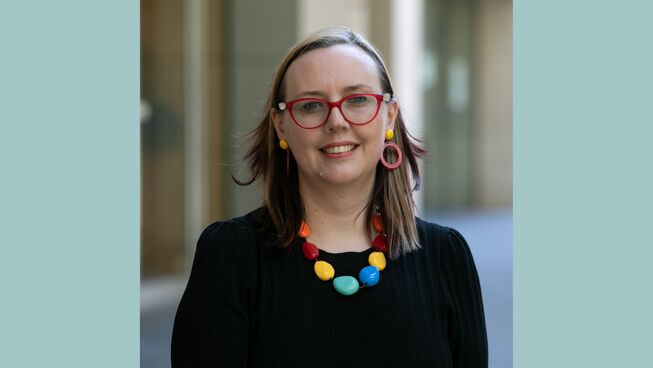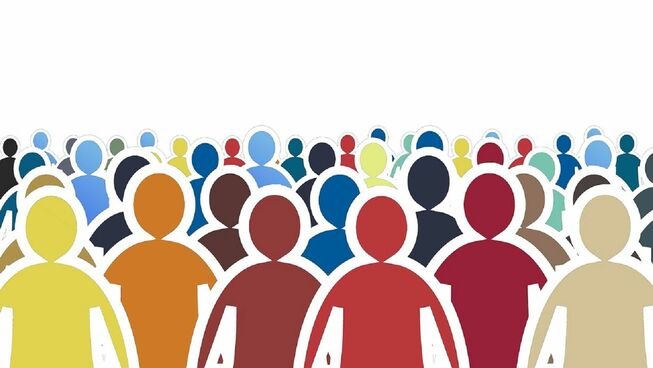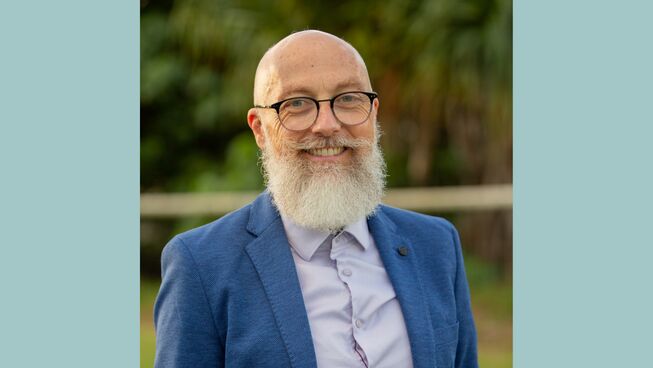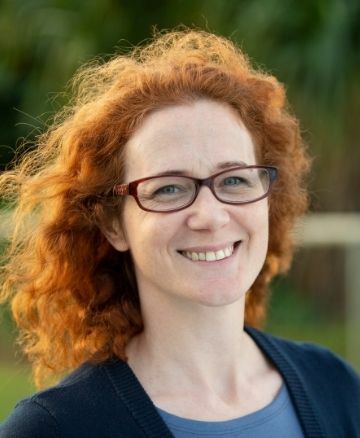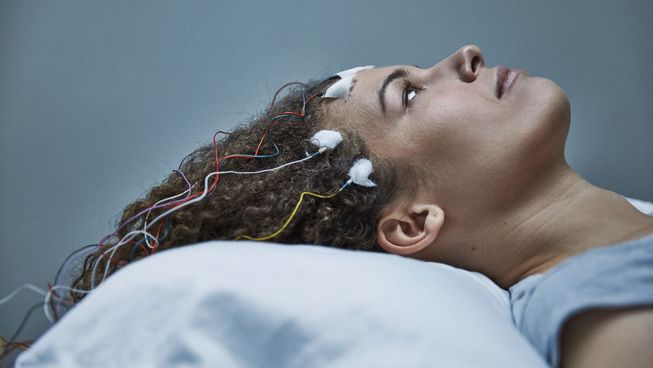What if you can’t work?
Topics
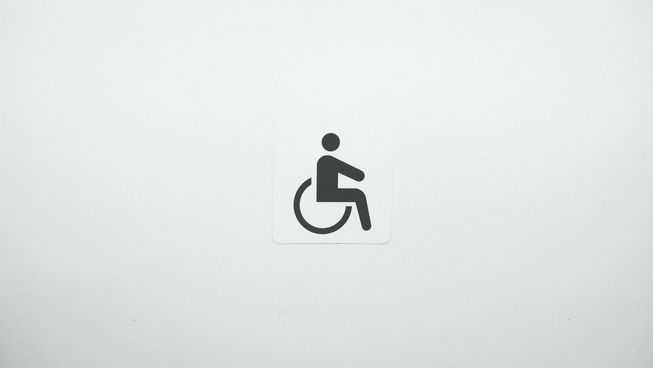
“ Australians can expect to live, on average, over one-fifth of their lives with some level of disability” (AIHW, 2017).
The WHO statistics indicate that at least 1 billion people have some kind of disability, making it the world’s largest minority group (WHO, 2020). So why aren’t we discussing disability and the social, ethical and theological implications for Christian work?
I’d been wanting to attend an Anglican Deaconess Ministries event for some time and so when I saw they were offering their School of Theology, Culture & Public Engagement online in 2021, I signed up. This article is a write-up of Brian Brock’s Theology of Disability masterclass held on 19th January 2021.
While I was studying I had a part-time job as a teacher’s aide in a small integrated public school. One of my tasks was to take a little girl called Sammy for walks at recess and lunch. Sammy was profoundly disabled, born with a heart condition and having suffered a devastating accident when she was a baby. Sammy had limited vision, mobility and speech, she needed to be tube fed and was prone to severe and life threatening infections. Sammy talked rarely, but sang constantly, we spoke the same language, I don’t need much of an excuse to sing.
I was moved by her joy when I sang her favourite song “B-I-N-G-O”, her delight in being wheeled around the playground and the way every face lit up when they saw her. Her foster brother was the naughtiest boy in school, known for letting bus tires down or doing a runner during maths. The principal had to arrange her face before telling him off to keep herself from laughing. The school treasured them both and they made the school a better place. When a new autistic boy joined the school, it was as though he had been there for years.
So ever since I've had an inherent sense that people with disabilities are valuable, but had trouble quantifying what we are to learn about disability, profound or otherwise, as Christians. Dr Brock is a highly nuanced theologian and academic, with an impressive catalogue of books, journals and chapters exploring issues of disability and ethics. His most recent scholarly book, Wondrously Wounded: Theology, Disability, and the Body of Christ (Studies in Religion, Theology, and Disability) is being followed with a shorter version for more general audiences, Disability: Living Into the Diversity of Christ's Body in May 2021.
The masterclass was also attended by scholars and pastors interested in the issues of disability and the discussion included insights from Dr Louise Gosbell, Dr Meredith Lake, Lisa Patston and others. The class whetted my appetite for further reading into the theological foundations of this topic but the most important insights of the evening were:
- Questions about Ontology (being)
Is disability a consequence of the fall (Genesis 3) or a part of God’s created order prior to Adam’s sin? Dr Brock argues that vulnerability is an aspect of our essential being, but not disability. Is our discomfort with any kind of limitation skewing our perceptions of disability? Will people have Autism, MS, Chronic Fatigue, Downs syndrome, Dementia or other chronic conditions in heaven? Or will disability still exist but without the pain, stigma, financial hardship and other limitations that go with them? If our society was less focussed on productivity, wealth and ability, would disability be less of a public health "burden"?
At the bottom of this page is a video of Psalm 139 being read by some people with disabilities.
- Limited Christian resources on disability
If so many people in the world are disabled, visibly or invisibly then why is there so little practical theology about disability? If at some stage in our lives, all of us will be disabled for at least some length of time, then why are we so shocked and discomfited by its existence?
Dr Brock argues that the lesson we learn from people with disabilities is to face incapacity and accept our human state. In an increasingly abled society, we may assume that most people can walk, talk, think clearly or speak, when many people may have difficulties with one, two or even all of the above at some point in their lives. In many workplaces, we are surrounded by capable and able people, or at least on the surface, how many people in your workplace have some kind of disability? What practical ways can we do evangelism, build relationships and encourage disabled Christians we are in contact with?
It is worth noting that Dr Louise Gosbell, Dean of Students & Lecturer in New Testament at Mary Andrews College, has been part of developing guidelines for the Sydney Anglican Diocese and has written many helpful articles about this topic, including disability and the church and a recent article published by the ABC about the benefits of online services for people with disabilities.
- Disability and salvation
Dr Brock’s personal experience of disability is through his son, who is non-verbal due to his conditions of down’s syndrome and autism. His ability to profess his faith is primarily via his brother, which could be likened to the relationship of Moses and Aaron - who relied on his brother to communicate. What knowledge can we have about the cognitive understanding of people with disabilities? (Scroll down for a video of professing Christians with disabilities reading Psalm 139)
When I left my job at the school where I worked with Sammy, I wanted to tell her about Jesus. I knew one of her carers was a Christian too, and we developed a closeness built on our mutual love for and concern for Sammy. I told Sammy that Jesus loved her and that I prayed for her and then I sang her favourite song. A year later, Sammy had died of pneumonia. Did Sammy hear me? Did God hear Sammy? I don’t know, but I trust in a God that judges justly.
Photo by Josh Appel on Unsplash
Australian Institute of Health and Welfare 2017. Life expectancy and disability in Australia: expected years living with and without disability. Cat. no. DIS 66. Canberra: AIHW. https://www.aihw.gov.au/getmedia/7b986857-7b41-4aae-b7ff-eab57eb20f13/20457.pdf.aspx?inline=true&fbclid=IwAR0OBC4pvKDuUbtyjp3-xnsLYAGpMAl3Y26_1GsS9W60qzHiCn86Q0KVirY
World Health Organisation. (2020). Disability and Health. https://www.who.int/en/news-room/fact-sheets/detail/disability-and-health.
More like this ...
